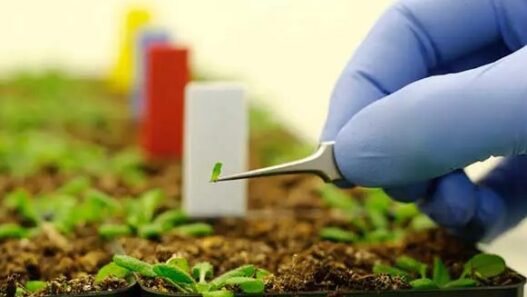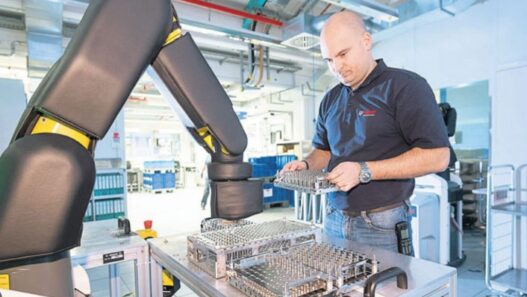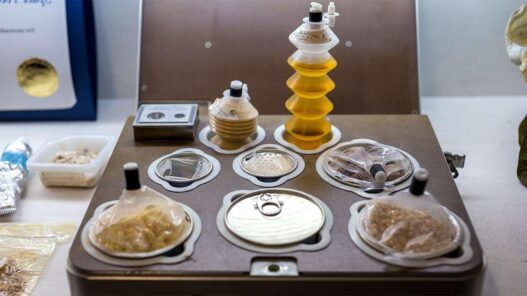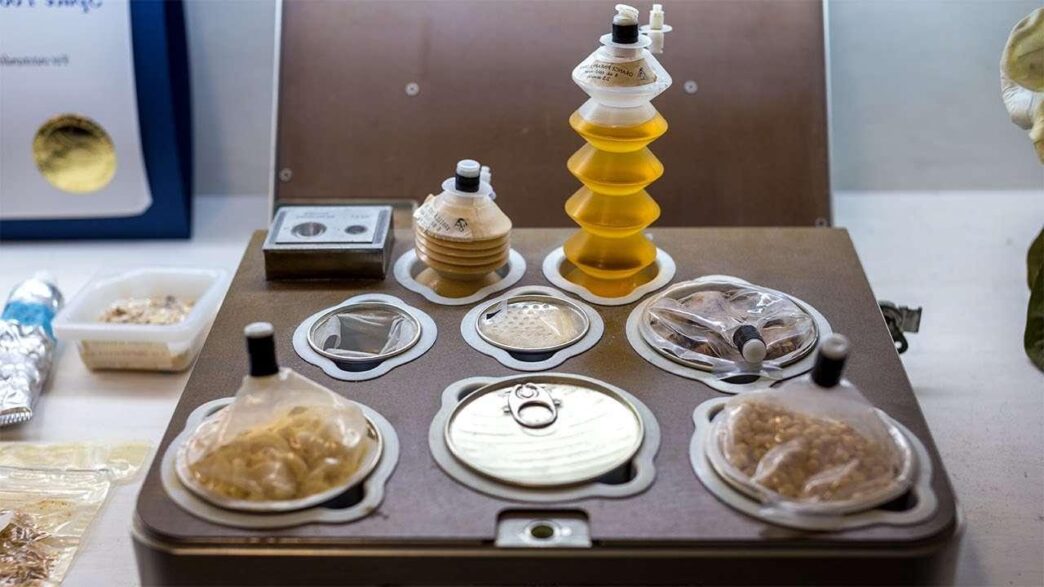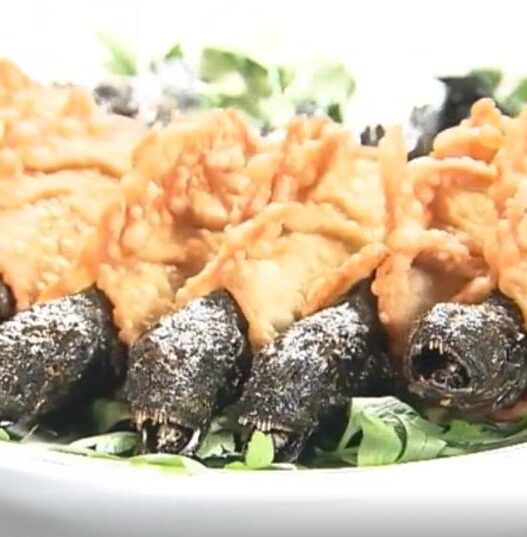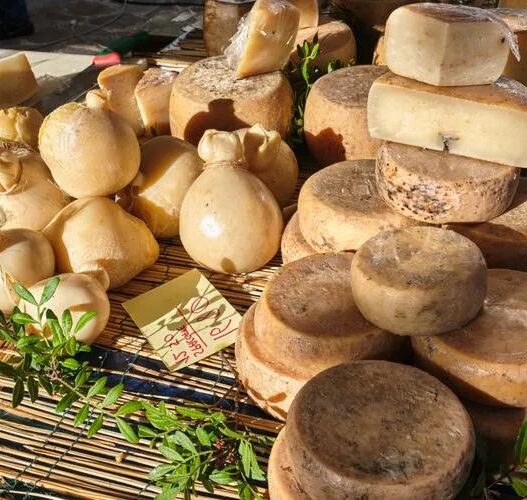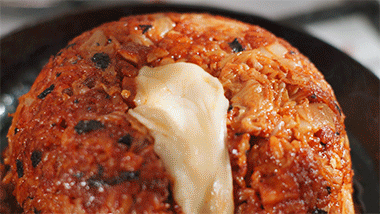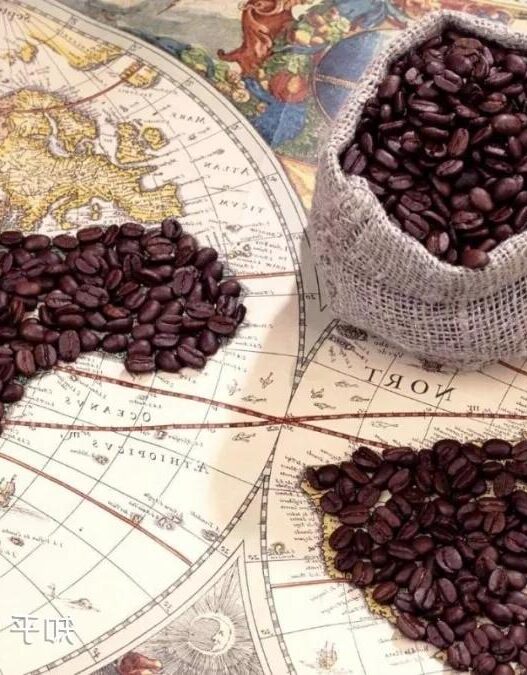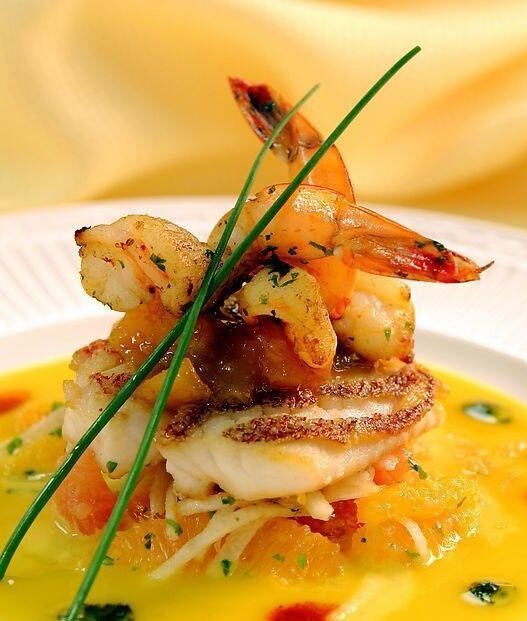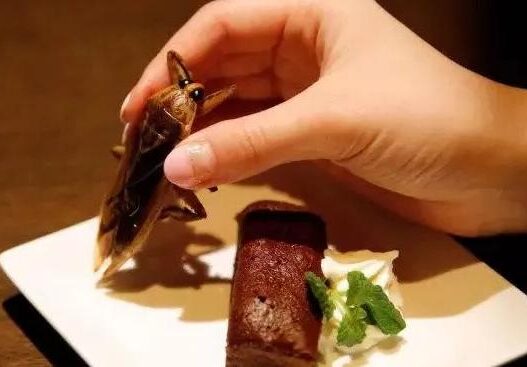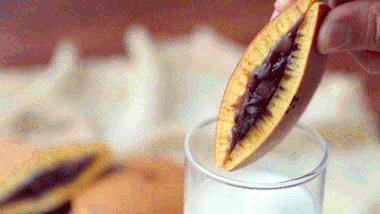In 2018, Elon Musk’s SpaceX successfully launched the Falcon Heavy rocket into space, carrying a Tesla and a dummy model. This event sparked global excitement, especially among tech enthusiasts. While entrepreneurs on Earth argue over trivial matters, visionaries like Musk are already looking toward the stars. As a self-proclaimed “idealistic realist,” I deeply admire such dreamers, even as I navigate the daily challenges of running a business.
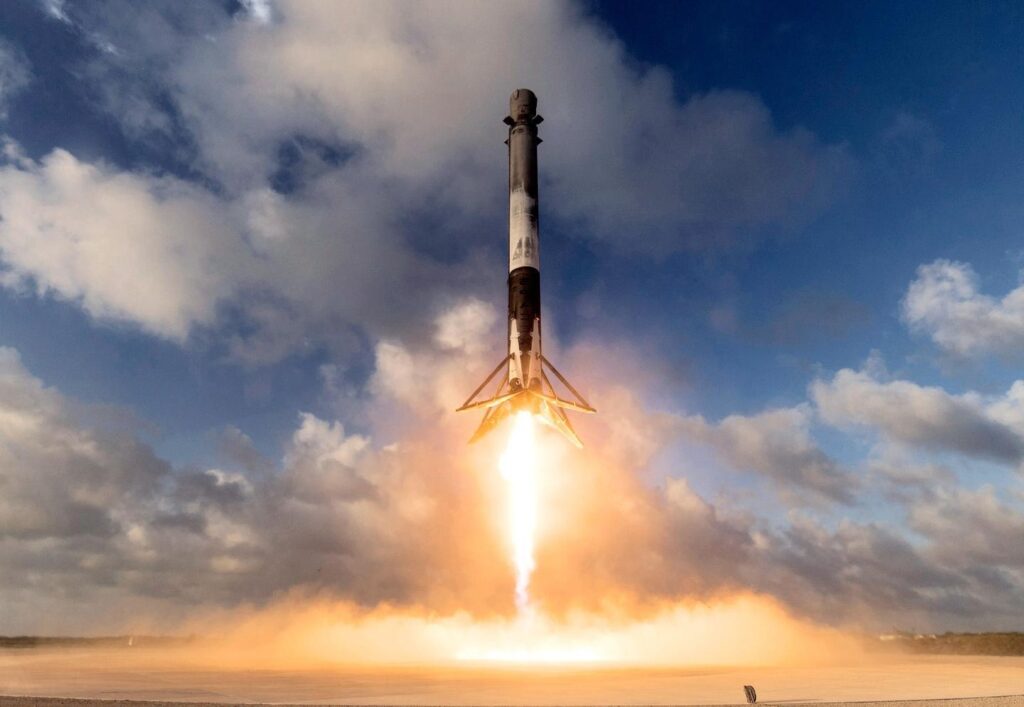
Musk’s “Mars colonization plan” seems closer to reality after this launch. While I may not live to see it, future generations might call another planet home. As a food lover, I couldn’t help but wonder: what do astronauts eat in space? Let’s explore the fascinating world of space food.
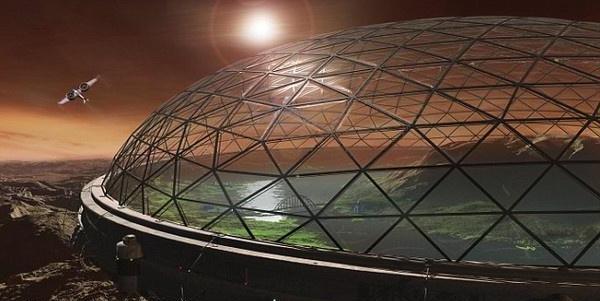
Dining in Zero Gravity
Life aboard the International Space Station (ISS) is far from ordinary. Astronauts live in a weightless, sterile environment, where maintaining nutritional balance is crucial. Taste takes a backseat to practicality. Space food undergoes high-temperature vacuum processing to ensure long shelf life and prevent contamination.
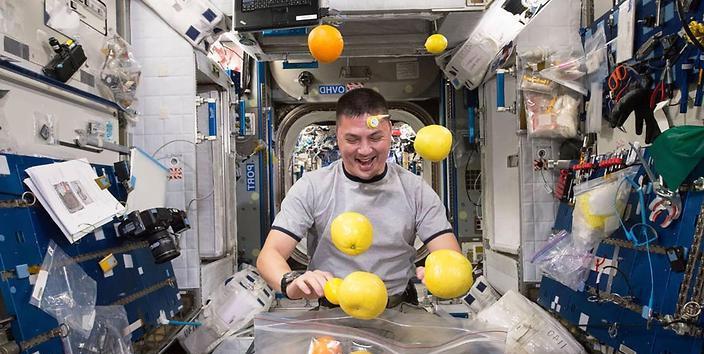
Meal safety is also a top priority. Strict rules govern portion sizes, weight, and even packaging. Most foods are semi-solid to retain moisture, and packaging often includes protective layers like gelatin or protein to prevent crumbs. In zero gravity, floating crumbs pose serious risks, from damaging equipment to harming astronauts’ respiratory systems.
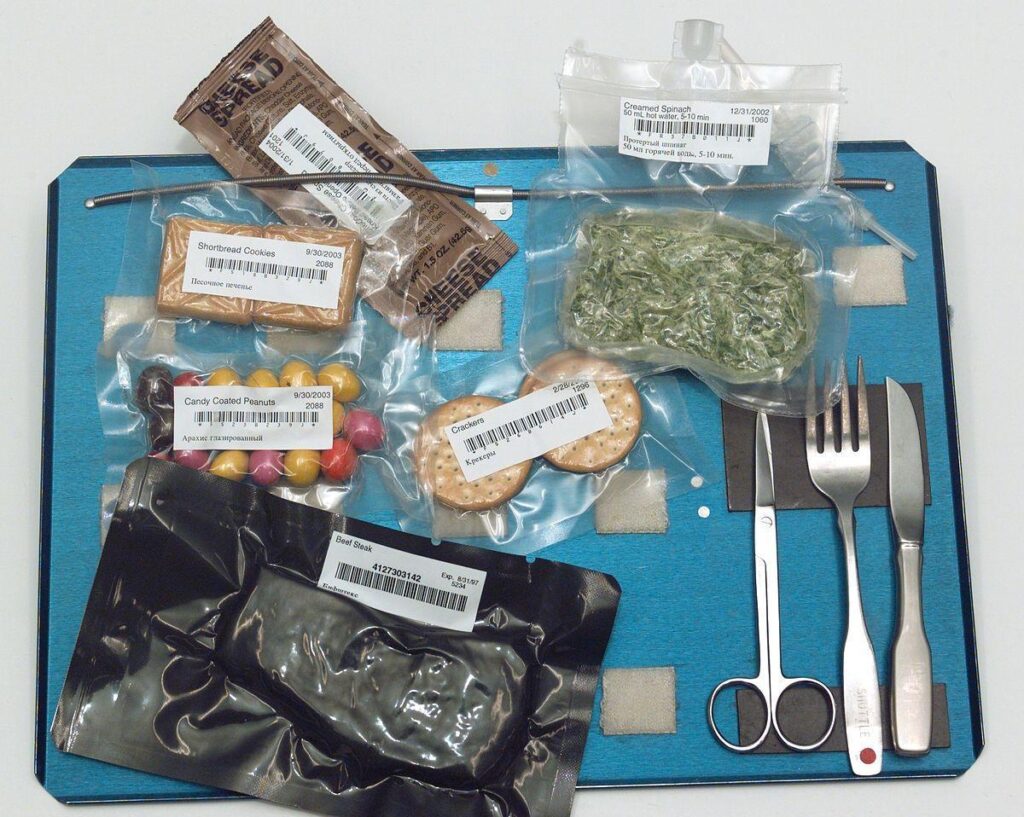
Imagine eating in space:
- Jumping while eating
- Eating upside down
- Floating on water
- Doing somersaults while chewing
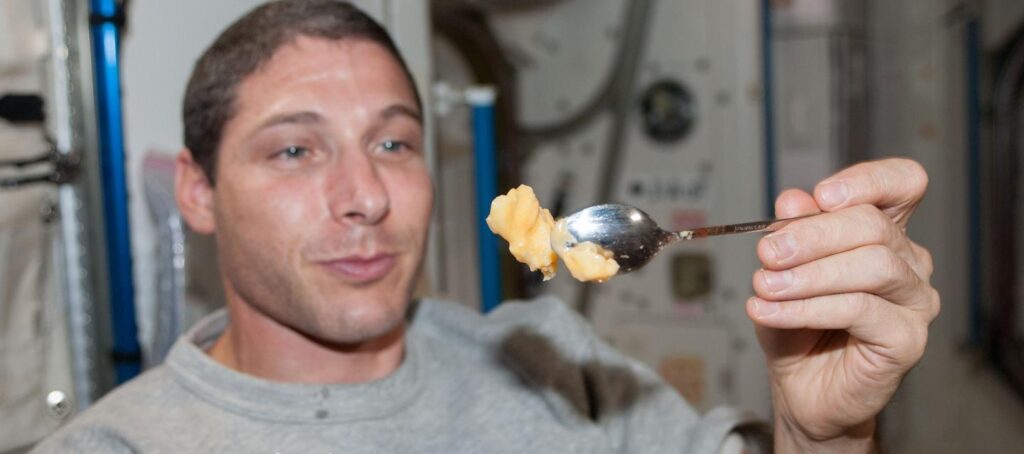
The Evolution of Space Food
Space agencies have worked hard to improve the variety and quality of astronaut meals. Early space food was far from appetizing.
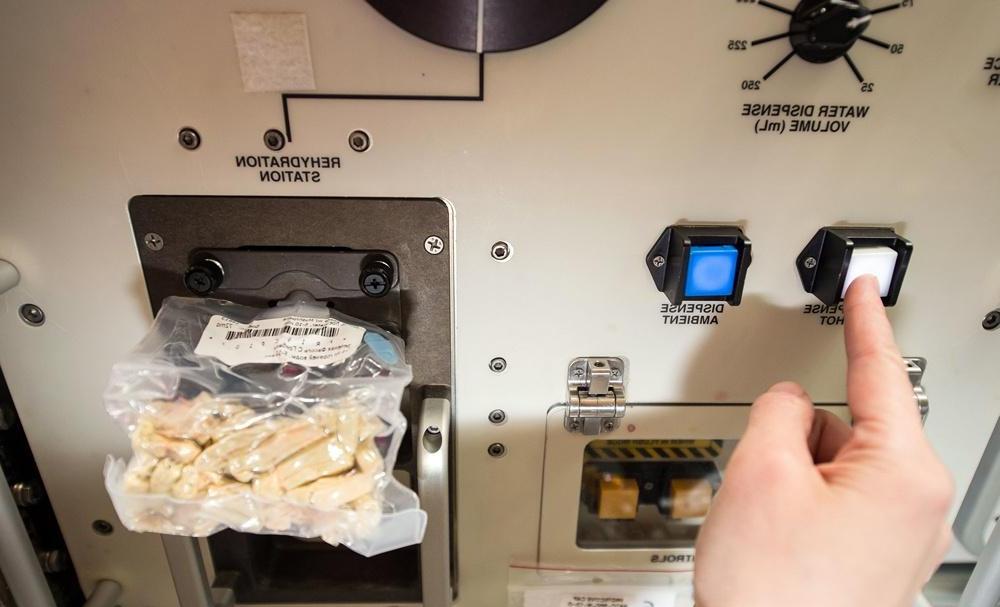
The Early Days: “Toothpaste” Meals
In the 1960s, both the U.S. and the Soviet Union pioneered space food. Meals consisted of pureed meat, fruit, and vegetables packed into aluminum tubes, resembling toothpaste. Compressed bite-sized cubes were also common. Rehydratable foods like pasta were introduced, but the overall experience was far from enjoyable.
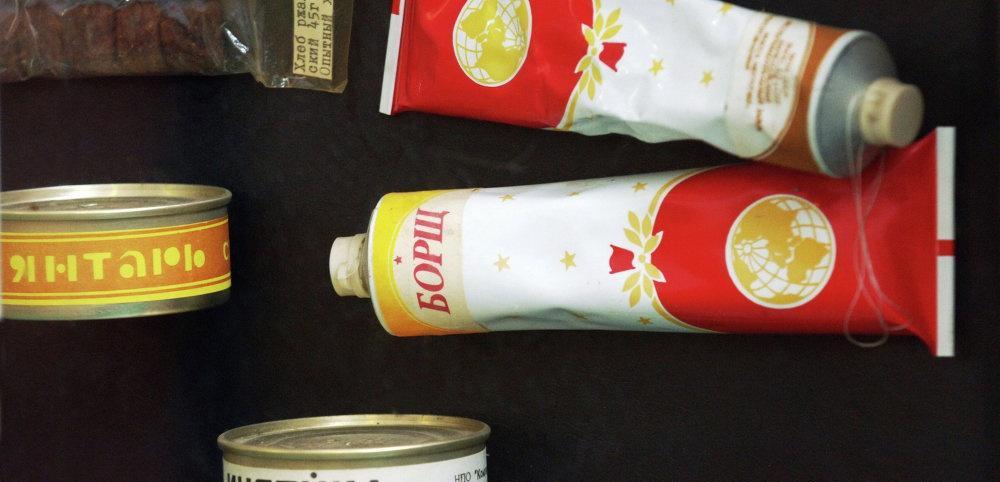
Modern Space Cuisine
Today, space food has come a long way. The ISS now features a “space kitchen,” and astronauts enjoy a diverse menu. Weekly meals rarely repeat, and astronauts often share dishes from their home countries, adding a cultural touch to their meals.
1、American Astronauts: Embrace fast food culture with burgers, salads, sausage pies, brownies, and cream of pea soup. Coca-Cola is a staple, and Thanksgiving brings turkey feasts.
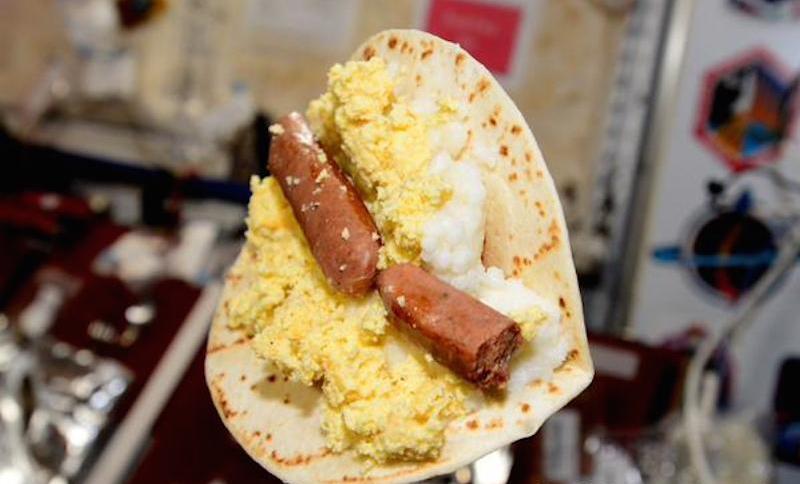
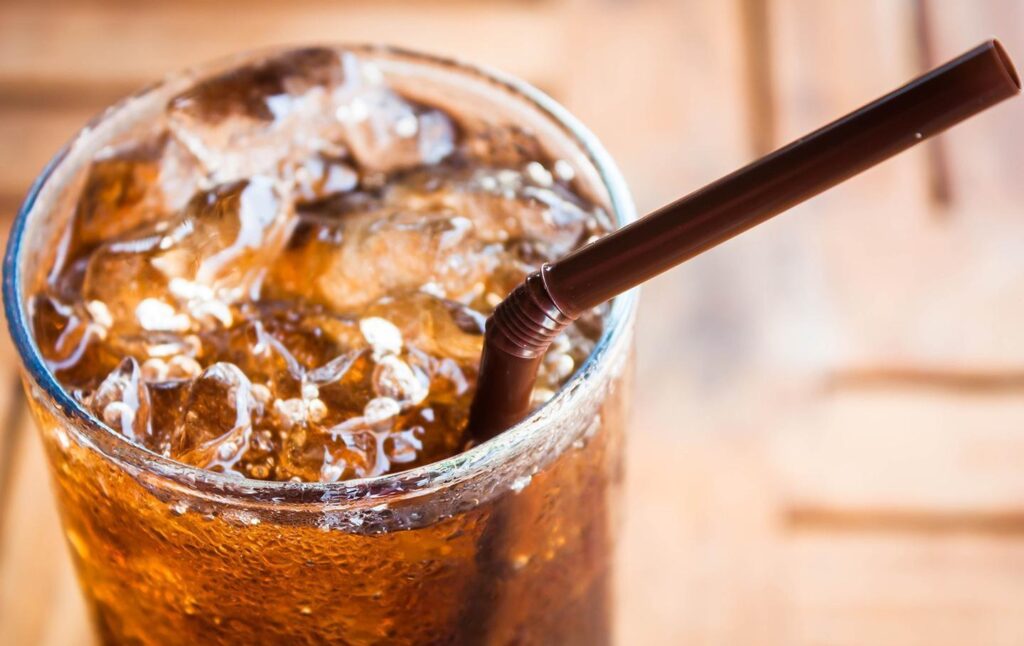
2、Russian Astronauts: Favor hearty, high-calorie dishes like rye bread, cheese, caviar, ham, borscht, and jelly.
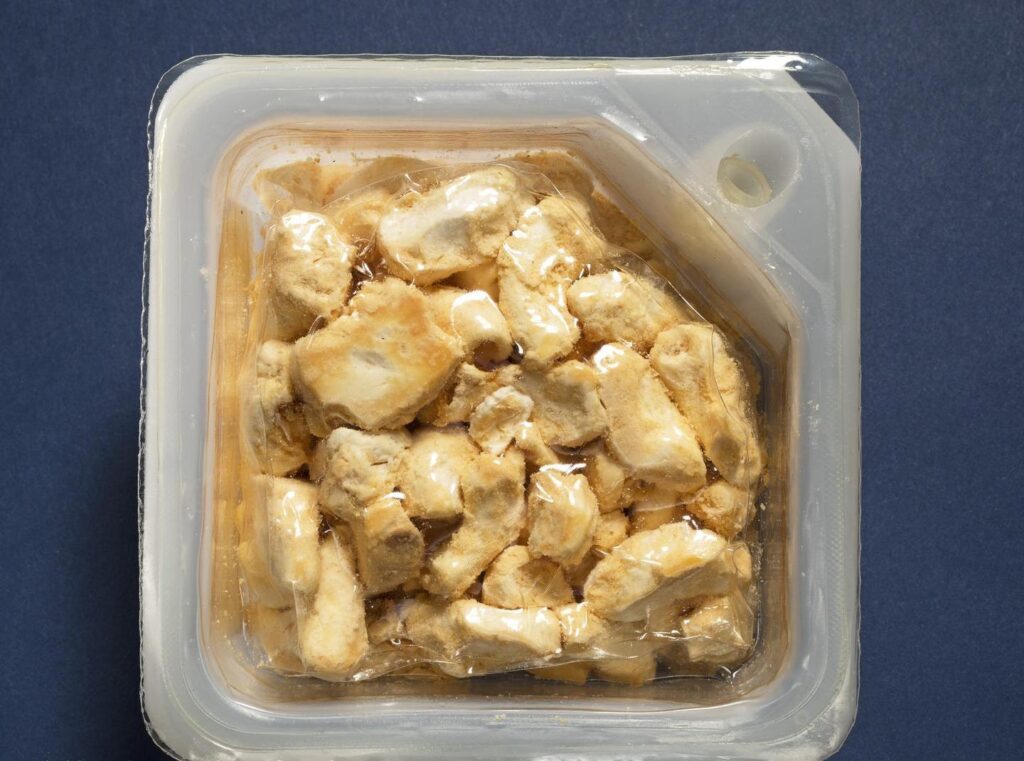
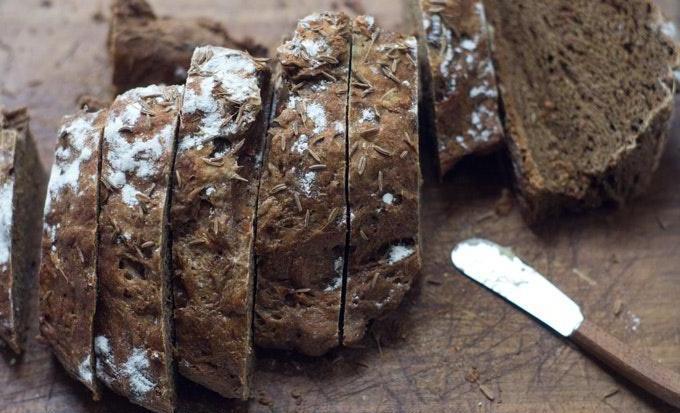
3、Japanese Astronauts: Enjoy traditional flavors with sushi, ramen, natto rice, wagashi, curry, and fish dishes.
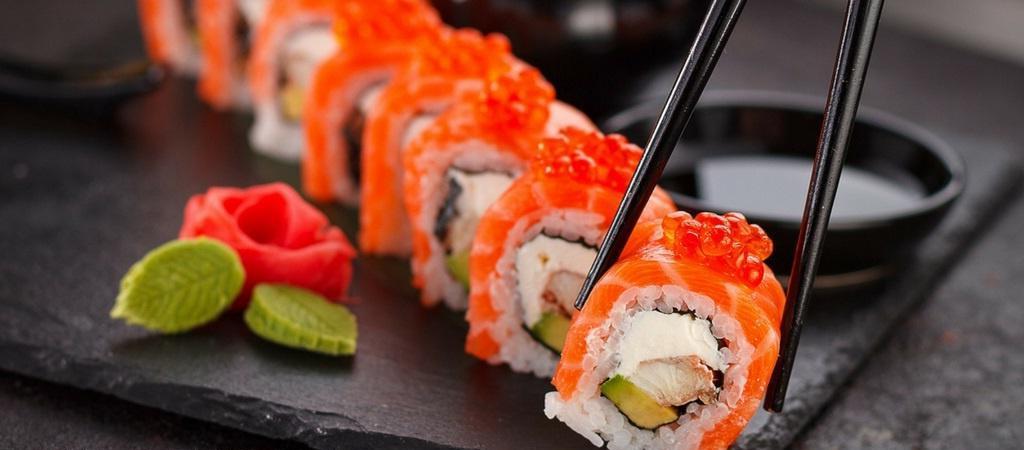
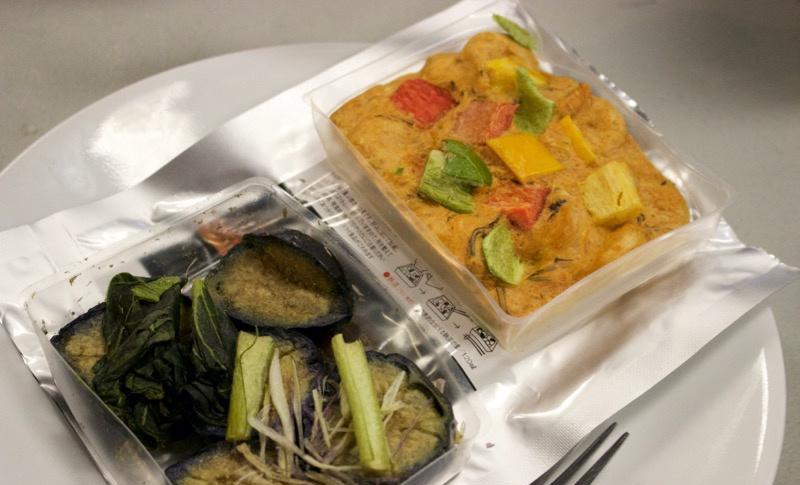
4、Chinese Astronauts: Feast on a wide variety of dishes, including fish-flavored pork, stir-fried mushrooms, braised beef, glutinous rice, dumplings, and even hot tea.
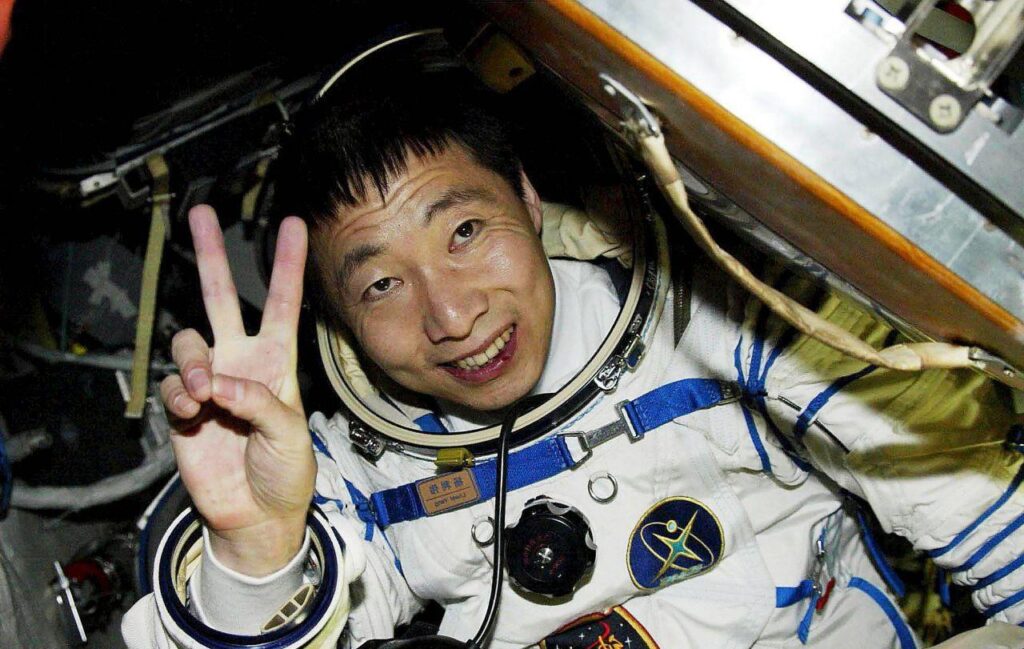

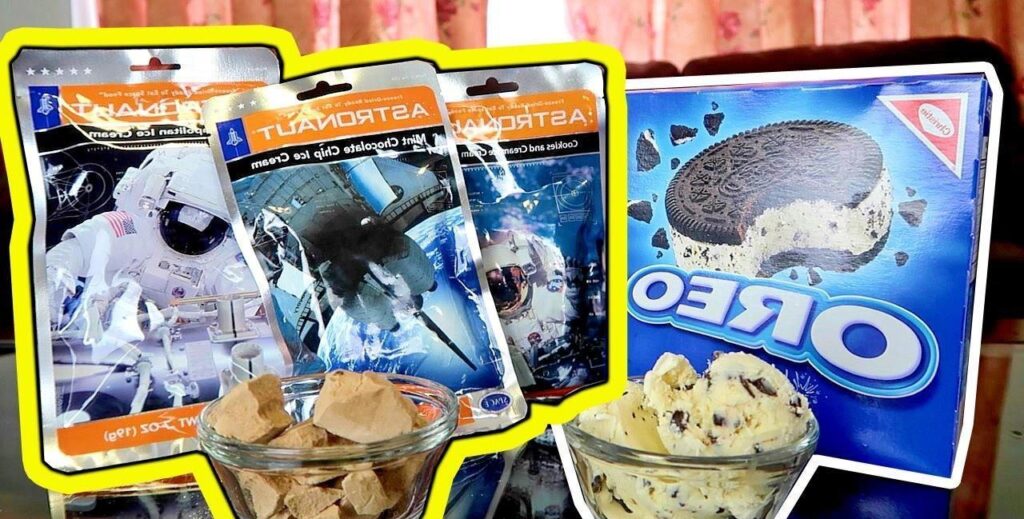
Challenges of Space Dining
Despite improvements, space food still faces challenges. Taste buds dull in zero gravity, making astronauts crave stronger flavors. Condiments like mustard, mayonnaise, chili sauce, and even China’s famous “Lao Gan Ma” are essential.
Nutritional value also declines over time, forcing astronauts to rely on vitamin supplements. Picky eaters won’t last long in space, as maintaining muscle and bone mass requires a balanced diet and rigorous exercise.
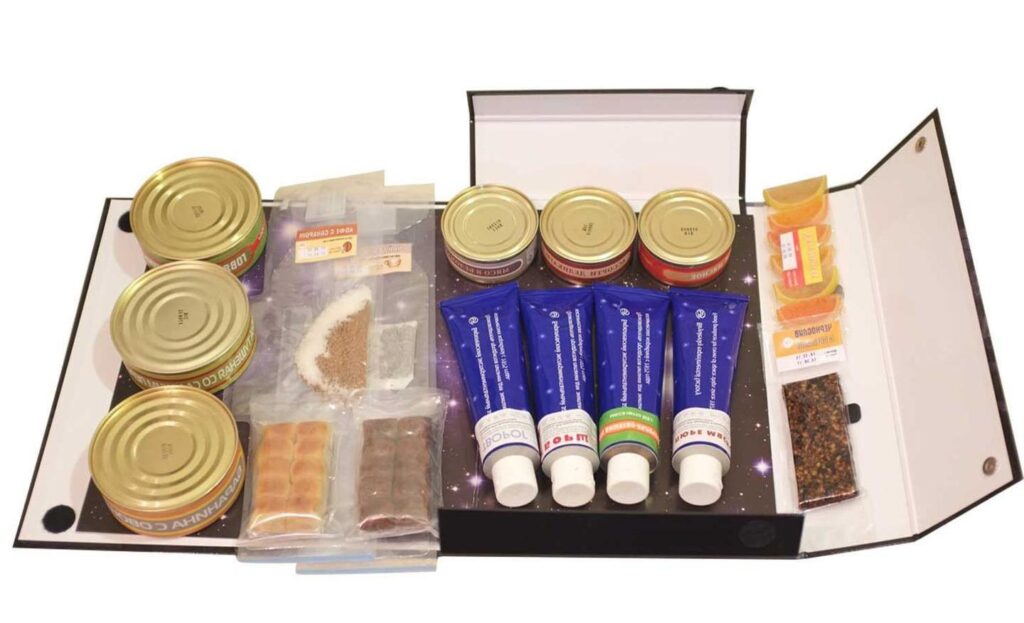
The Future of Space Food
As we look toward Mars colonization, space food will continue to evolve. Innovations in preservation, nutrition, and flavor will be key to ensuring astronauts’ well-being on long missions. Who knows? Perhaps one day, Chinese astronauts will enjoy hotpot in space!



